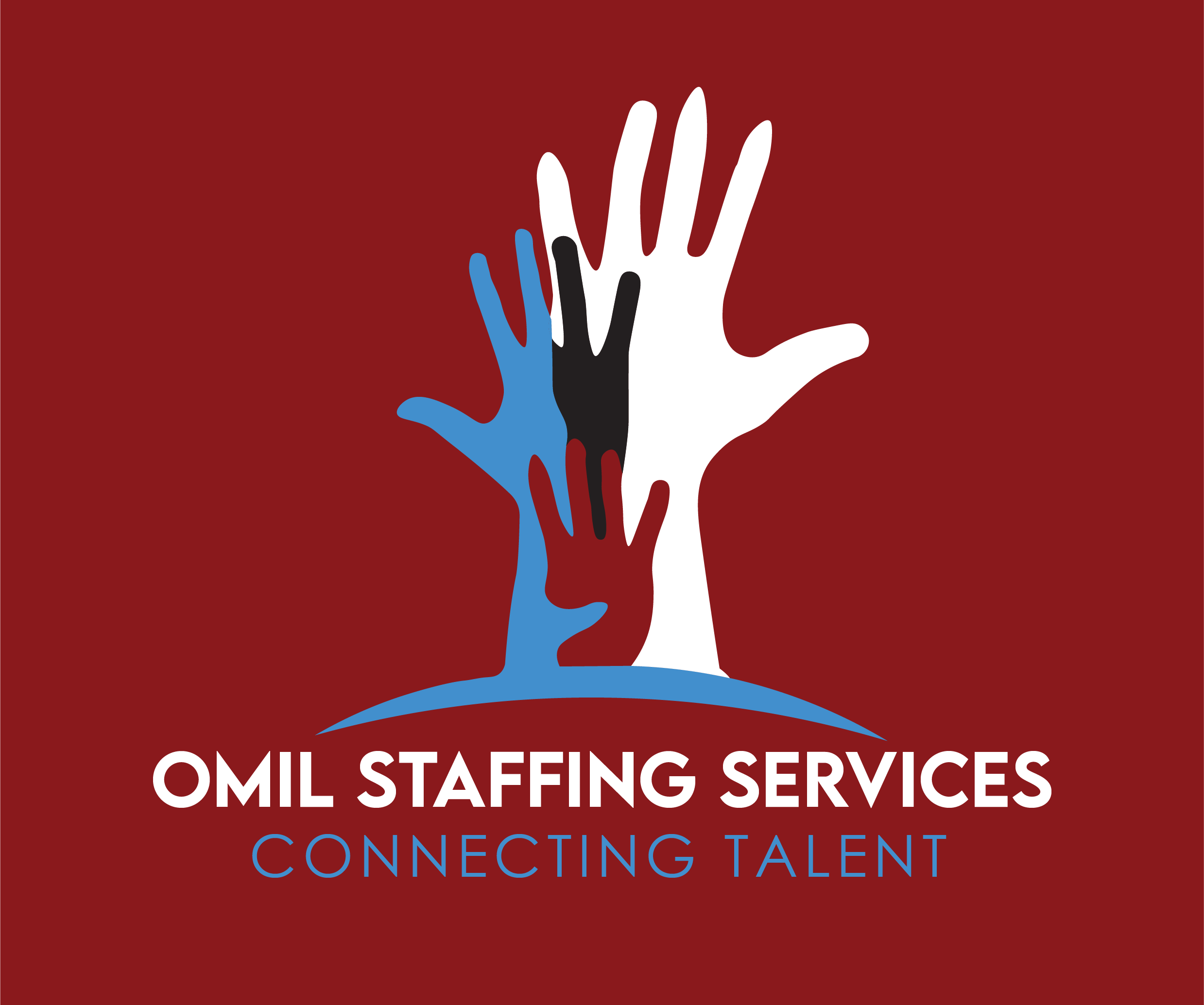Waiting for an employer to contact you for an interview and the curiosity it brings can be the most irritating part of a job searching process. Why did the employer not pick you after spending so much effort and time writing a flawless cover letter and resume?
You were not a match for that job. You were blocked out by a hiring manager or an automatic system because the qualifications in your resume did not correspond to the requirements in the posting.
Lack of job qualifications. Your skills and knowledge don’t correspond to the required capabilities for you to perform in the job. Match up the requirements of the job with your qualifications.
Overqualified. The employer perceives that you’re overqualified. Overqualification affects your candidacy in the same way as under qualification does. In your cover letter, explain your reasons for applying, what you will offer the company if hired, and your enthusiasm for that role.
You failed to follow directions. You didn’t follow all the guidelines for the application or provide all the required information.
Accomplishments weren’t showcased. Your cover letter and cv don’t show how you made an impact at your previous job and don’t display your accomplishments.
Mistakes. There were spelling or grammatical mistakes in your documents. Cautiously proofread all the documents for your job application and have somebody else check them again for you.
Generic cover letter. Your cover letter was not suited to the job and was too general. Be definite, and customize the cover letter to highlight your excellent attributes.
Job-hopping. The hiring manager may be aware of job-hopping patterns in your background. Twist your cv to downplay the times you have changed jobs.
Short cover letter. The cover letter was too concise. Your cover letter must cover all the parts of an effective cover letter, and is detailed about what you will offer the organization.
Lack of credentials. You don’t have the necessary educational credentials for the job.
Too expensive. Your perceived salary requirements or salary expectations are greater than the available resources.
Short on experience. You lack the important experience required for that position.
You didn’t sell your credentials. You did not make a strong argument showing your interest in the job, helps you stand out from the rest of the applicants.
The job does not seem like a fit. You don’t make it clear why and how the role will fit into your professional plan.
Employment gaps. There are glaring unexplained holes in your employment which pose as red flags for a hiring manager.
Unprofessional presence in social media. Your image online could have destroyed your candidacy. Make sure everything available on your pages is appropriate.
You’re an out-of-town candidate. Use a few tips to get a job outside your town, heedless of where you currently stay, if the employer prefers candidates from within.
No referrals. You did not enlist any contacts with the hiring manager to advocate for your candidacy.
Other candidates have better qualifications. Carefully look through the skills sought by the employer and upgrade yours to be more competitive if there are candidates better than you.
Existence of a strong pool of applicants. You did your application later after other highly-qualified candidates did.
An internal candidate was hired. Rather than hiring an outside candidate, the company decides to promote their employee.
Another candidate had strong recommendations. The company already had recommendations on the candidate to consider for that position pushing other candidates out of the race.
The job is put on hold. The hiring process may have been delayed by funding or budget issues. The process is put on hold while the company makes effort to correct its financial crisis.
There are other things going on. Like the hiring manager being occupied with certain immediate issues and shifts attention from the search.
The organization is rethinking the need for another employee. Business is slowing down; the employer is not interested in filling that position.
Final Thoughts
Many employers fail to inform applicants if they have been rejected. If you didn’t hear back from a company, there is still hope of securing an interview. Though it’s a long shot, it gets your application noticed, and you can land an interview. While you may not land one on the first attempt, but when another vacancy arises, the employer can remember your persistence and name from the first attempt. Just find a way of following up on your application.







